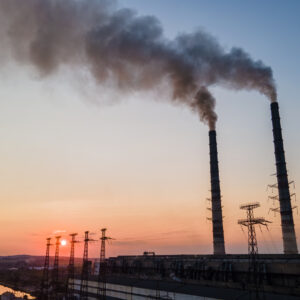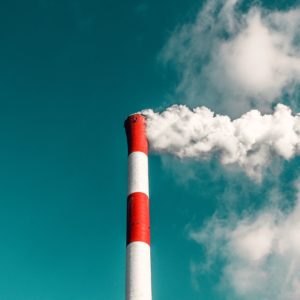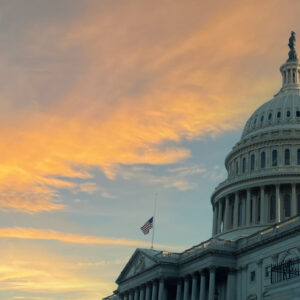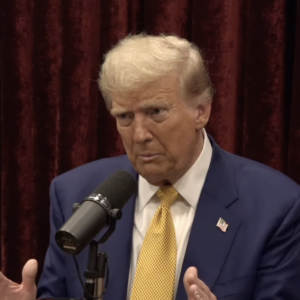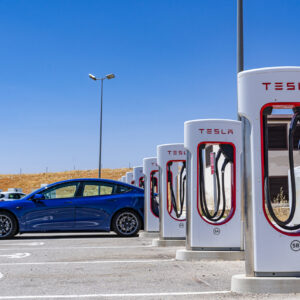The Trump administration, like the preceding Biden administration, is making liberal use of a little-known Cold War law called the “Defense Production Act” (DPA). Utilization principally goes like this: The administration identifies some sort of production deficiency (e.g., minerals, solar panels, heat pumps) and then invokes the DPA, declaring it an issue of national defense in order to...
Author: R Street Institute
Low Energy Fridays: How the EPA’s Endangerment Finding Became Endangered
As discussed previously, the series of 31 deregulatory actions recently announced by the Environmental Protection Agency (EPA) contains enough content for a month’s worth of Low-Energy Fridays. But, today, we are focusing on one of the more high-profile actions announced: the elimination of the EPA’s so-called “endangerment finding.” The story began two decades ago during the George W....
Low-Energy Fridays: Does the Social Cost of Carbon Repeal Matter?
The Environmental Protection Agency (EPA) recently announced a slew of actions aimed at curtailing climate-related regulation, including repealing the Social Cost of Carbon (SCC), the metric regulators use to estimate the economic benefits of avoiding climate change and determine whether climate regulation is worth its burdens. While one could argue that the EPA’s move is purely political, the reason...
Low-Energy Fridays: Should independent regulators be subject to the White House?
President Donald J. Trump recently issued a new executive order (EO) that will require “independent agencies” to submit their rulemaking to the Office of Management and Budget (OMB) for review. Interestingly (but unsurprisingly), this led to a deluge of news articles and quotes from opponents of the administration decrying the move as a power grab and part of an anti-regulatory agenda....
Low-Energy Fridays: Trade Boosts America’s Energy Security, Tariffs Threaten It
Over the last 50 years, America has seen domestic energy production grow much faster than energy consumption. As a result, we now export more energy than we import. International trade in energy, both imports and exports, has been an important part of the energy industry’s success; however, recently proposed tariffs threaten this achievement. On Feb. 1, the...
Low-Energy Fridays: Do we want energy independence or energy security?
President Donald J. Trump recently announced tariffs on imports, which will cover energy commodities like oil and gas to a certain extent. At a glance, this policy may appear to advance “energy independence,” an agenda Trump favored on the campaign trail—but it’s not quite so simple. Defenders of tariffs on energy would point out that they will reduce...
Low-Energy Fridays: Does climate policy matter?
Put another way, while productivity gains in the economy reduce emissions by letting us consume more with fewer inputs, the taxes and regulations that accompany climate policies carry a “deadweight loss” that trades productivity improvement for direct emission abatement. This creates a tradeoff typically not included in analysis and potentially explains why having many regulations...
Low-Energy Fridays: Is the National Energy Council a good idea?
After his electoral victory, President Donald J. Trump announced the formation of a “National Energy Council” that will coordinate energy and environment-related activities within the administration—though the specifics of when this may arrive and in what form are still unknown. This prompts two thoughts: First, this is going to make for very confusing acronyms since the...
Low-Energy Fridays: Are Trump’s Executive Orders a Big Deal for Climate Change?
Washington, D.C. is in a tizzy over President Donald J. Trump’s rescission of a slew of policies implemented under former President Joe Biden, and energy policies are receiving special attention in multiple executive orders (EOs). Trump withdrew from the Paris Agreement, ended the social cost of carbon, and ordered a halt to climate-related regulation and offshore renewable energy leases—all with the...
EV Slowdown: Limits of ‘Technology Forcing’
California has mandated an end to internal combustion engines, but consumers aren’t going along with this central plan. The brilliance of the market economy is that the customer actually is the king, which has become obvious when it comes to electric vehicles. Like any product, EVs offer benefits and disadvantages that consumers can sort through on...

